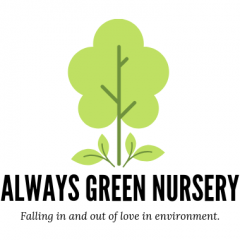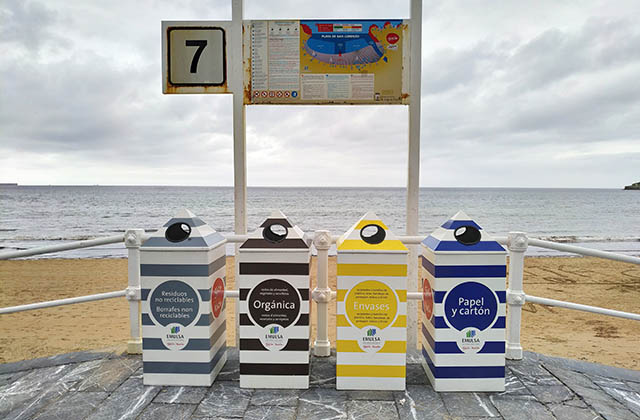Introduction
We live in a great time. Technology has brought us so many advances in the last century, from automobiles and airplanes to computers and the internet. But this technology has also created a problem: we’re producing more waste than ever before. And some of that waste is dangerous chemicals and plastics that can threaten our health and environment for generations if we don’t act now. It’s time to find safer ways of disposing of these dangerous chemicals — starting with plastics. Skip hire Adelaide collects chemical and plastic safer for disposal.
We have a problem.
The problem is that we have created an ocean full of plastic. We’ve filled landfills with it and we’re not sure how to get rid of it. And while we’re throwing all this plastic away, it’s ending up inside our bodies too.
Plastic has taken over our lives in ways that haven’t yet been fully realized, but researchers are starting to study its effects on humans and the environment—and they’re seeing some disturbing results.
What’s the solution?
The solution is to find a way to recycle these chemicals and plastics, dispose of them safely and make them safe for human consumption. This means finding ways to make them safe for the environment as well as the economy.
The “Science” of recycling plastic.
Recycling plastic has become a common practice in the U.S. and other countries. The thought of recycling is appealing because it seems like a good first step toward creating a more sustainable society. But what happens to all those recycled plastics? Are they being disposed of safely? And what about other chemicals?
Plastic recycling is one solution for reducing pollution; however, there is no guarantee that plastics will be recycled or processed into something useful at all times. In fact, only 5 percent of plastic products are currently made from recycled materials, meaning that 95 percent ends up in landfills or oceans after use—either directly tossed away or down the drain without treatment (and eventually making their way into our environment).
How about recycling other chemicals?
What about other chemicals? We must find ways to safely recycle them. It’s not just plastics and chemicals that we need to dispose of safely. There are many other things that need to be recycled, including batteries, glass, metals and more. We all want to reduce our use of the earth’s natural resources, but when it comes time for us to throw out these materials that have been used up or no longer needed by us personally (or our companies), we don’t want them ending up in landfills where they could potentially leak into ground water or pollute our air supply with harmful gases from decomposition processes.
We can find safe methods to dispose of these dangerous chemicals and plastics — we just need to make it a priority.
There is no reason why we can’t develop safe disposal methods for these dangerous chemicals and plastics. We have the technology and expertise to do so, but we just need to put our minds to it and make it happen!
Conclusion
We can make a difference by making sure that the chemical industry is regulated and monitored. We need to be able to dispose of dangerous chemicals and plastics safely, without them leaking into our soil and water supply. With proper disposal methods, we can ensure that these chemicals don’t harm people or wildlife while they are being used or disposed of properly. ecoskiphire.com.au help for safety disposal for dangerous chemicals.

